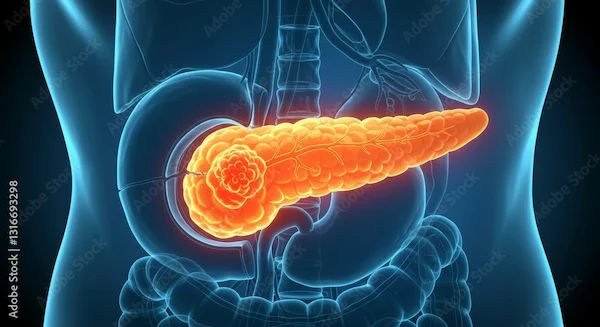- Male
- 24 Years
- 29/01/2025
I'm a bit worried. My SGPT level is 112, and I heard that's not a good sign. Can you tell me more about what this means and how I can bring it down?
Answered by 1 Apollo Doctors
Elevated SGPT levels can indicate liver damage or inflammation. To help reduce your SGPT levels, you should focus on making lifestyle changes such as maintaining a healthy weight, avoiding alcohol, and following a balanced diet low in fat and sugar. Additionally, you can consider taking Ursodeoxycholic acid to help improve liver function and reduce SGPT levels. It is important to follow up with your doctor for further evaluation and monitoring.
Dr. Chandra Suggests...
Consult a Gastroenterology/gi Medicine Specialist
Answered 04/07/2025
0
0

More Gastroenterology/GI medicine Health Queries
View allMy 42-year-old husband has an 18mm gallbladder stone and couldn't get surgery because of COVID. Now he's having pain in that area what medicine can help relieve the pain for now?
For gallbladder stone pain, your husband can take pain relievers like acetaminophen or ibuprofen (under doctor’s supervision). Surgery might be necessary if the pain recurs or becomes severe.
Answered by 1 Apollo Doctors
I'm having this awful pain in my upper abdomen, right chest, and back whenever I breathe or move, and I think it might be due to gastric issues. Do you have any advice or remedies that could help with this?
For gastric-related pain in the upper abdomen, right chest, and back, exacerbated by breathing or movement, consider the following remedies: avoid trigger foods, eat smaller, frequent meals, and adopt a low-fat diet; try over-the-counter antacids, acid reducers, or proton pump inhibitors like omeprazole; practice relaxation techniques like deep breathing, yoga, or meditation to reduce stress;
Answered by 1 Apollo Doctors
I'm really worried about my recent test results. My SGPT is at 82, my SGOT is normal, but my GGT is 158, and my LDH is 458. On top of that, my triglycerides are at 178. What does this all mean, and what should I do next?
See a specialist for accurate diagnosis and targeted treatment.
Answered by 1 Apollo Doctors
Disclaimer: Answers on Apollo 247 are not intended to replace your doctor advice. Always seek help of a professional doctor in case of an medical emergency or ailment.

.webp)


